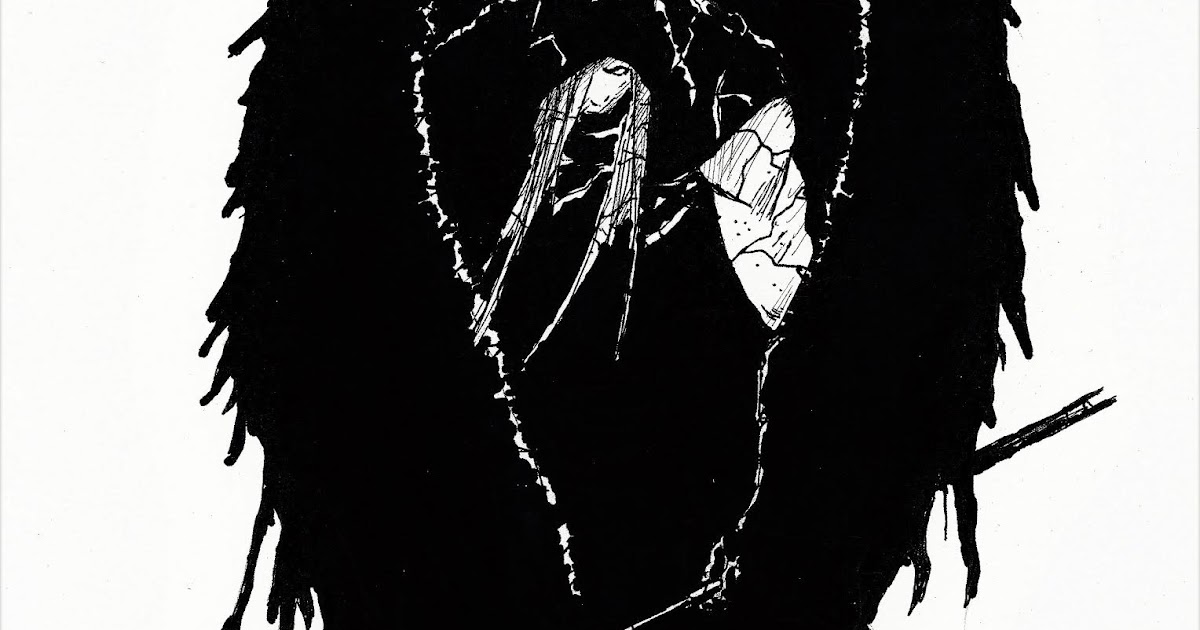I recall that back in the day (early 00s), Ryan Dancey made the argument that standalone adventures (and to a lesser degree the entire D&D product line) was a self-sustaining marketing campaign for selling PHBs. That (as Matt points out) was one of the reasons D&D management signed off on the OGL: it allowed them to outsource that part to third-party vendors.I think Matt makes good points and as others have pointed out, those sorts of adventures are commercially hard to make successful. Robert Schwab talked about this difficulty as he publishes dozens of short adventures in PDF for Shadow of the Demon Lord. They’re a loss leader for him as he states it.
I think Matt's video is aimed more at newer players – and more specifically, talks about the problems of new players. If you've heard of this D&D thing and want to check it out, it's easy to go to the game store and pick up the rules and an adventure. And if that adventure doesn't provide the desired experience, there's a fair chance that the group will go "Eh, not for me." Going online and finding things at DM's Guild is a fairly high threshold, particularly given that there's little guidance regarding what's actually good there.I’m bothered by the idea that big hardcover adventures are the “default”. This falls into the same problem as a lot of TTRPG opinions that we must all worry about the poor silent majority out there who don’t know enough to find the tens of thousands of short 5e adventures that exist. It’s like we assume only we, the enlightened, have access to Google and YouTube. These poor souls live in caves where the local market only sells WOTC hardcover adventures and thus only WOTC can save them.
I argue there is no “default”. Any RPG hobbyist who is even moderately interested in D&D likely watches some YouTube videos or reads Reddit and recognizes that there’s tons of material they can pick up for just about any format of play.
I did think of another thing that has definitely changed from Back In The Day, and that's leveling speed. I recall reading somewhere that the expected leveling pace in 1e was one year of fairly intense playing (at least weekly for several hours per session) to hit name level (9-10) and then one year per level after that (partially because the game was expected to shift pace then, as you settled down). 3e sped this up somewhat with the expectation of 4 sessions per level and no slowdown, and 5e sped it up even more. This means that even if you do go for a modular campaign, that campaign will probably have fewer adventures than a similar one had back then.



